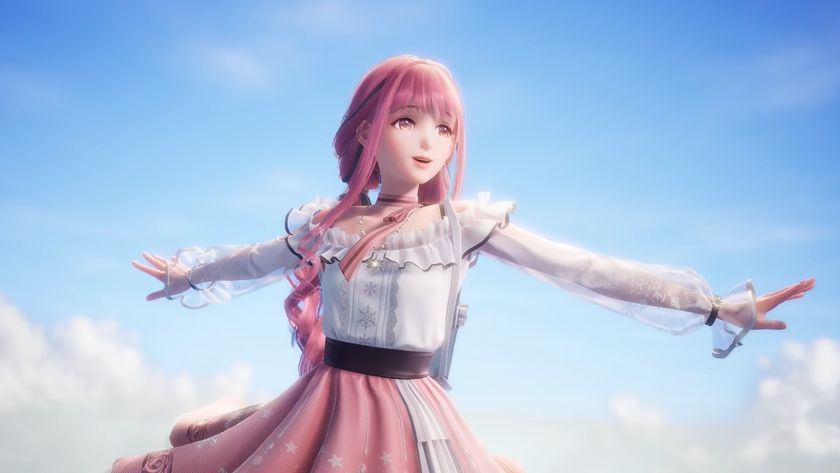The Last of Us 2 nails the horror of reality by embracing the sudden, undignified nature of death
The Last of Us 2 is a scarier game than the original, but not because of the infected
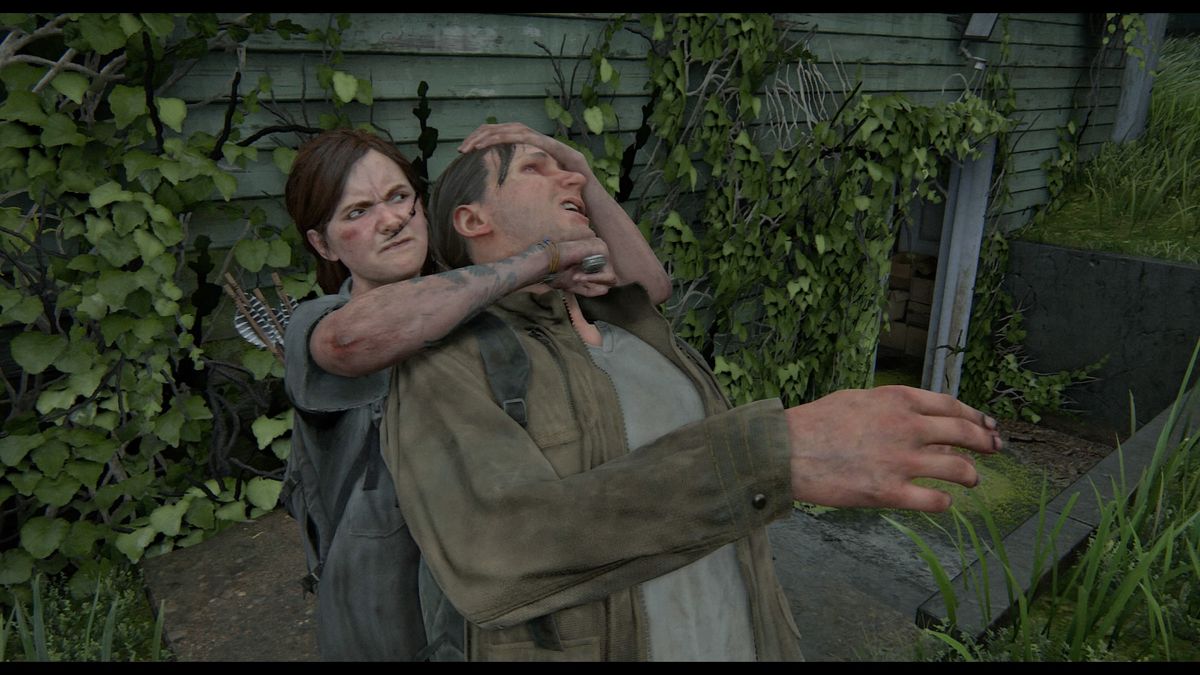

The Last of Us 2 ending explained: A spoiler filled look at what it all means
Note: this feature contains major spoilers for The Last of Us 2.
I was only two hours into The Last of Us Part 2 when I had to put the controller down, feeling a paralysis no game has ever given me. I was left broken, knowing the game was just getting started and already feeling like I could not go on. Being a huge fan of The Last of Us, but so quickly left scared and stunned by the sequel, I found the game I had been eager to play for years had swiftly challenged me in a way I did not expect.
I'd heard of the game's depiction of violence and worried not. In an industry filled with games like Doom, Manhunt, and even your standard Grand Theft Auto playthrough, I didn't think I would be affected by The Last of Us 2's supposedly line-crossing gore.
But I was wrong. It's not so much the actual blood and guts of the killing that gets to me, it's the context surrounding the many character deaths. The Last of Us 2 is a scarier game than its predecessor, and though some of that is owed to much more effective bloater encounters, nothing quite compares to the story's unflinchingly and devastating depiction of unheroic, sudden death. Even as Ellie's world looks much different than ours, it is the same in at least this one important way: death doesn't care about your plans.
The futility of death
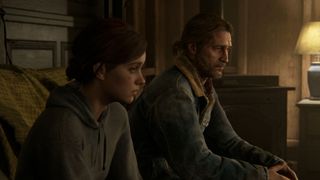
As a father of two children, (one of whom is even named Ellie after that Ellie), the possibility of sudden death affecting my life in some way is a fear I live with daily. I think most parents have this feeling regularly. I hope for my sake that it's not any more severe than that felt by the average mom or dad, but sometimes I worry it is.
At 31, I've not yet been affected by tragedy. I've lost loved ones, but they have been grandparents mostly, people whom we rightfully mourn, but whose life expectancy had run its course naturally. When an elderly person dies in our world, we are able to make sense of it – we can grapple with and justify our grief. But every day, sudden and senseless tragedy takes from people all over the world. It's happening right now as I write this, just not to me. That elusiveness has me often wondering when my bell will be rung and my winning streak will end.
For that reason, The Last of Us 2 is a horror game like nothing else I've ever played. From the opening section where Joel is brutally slaughtered in front of his surrogate daughter, I was genuinely left shaken. Despite Joel's checkered past, I find myself able to relate to Joel greatly as a father who also would likely fail the Trolley dilemma given the opportunity. So when he is shot and then beaten down the way he is in The Last of Us 2, I felt sick.
Sign up to the 12DOVE Newsletter
Weekly digests, tales from the communities you love, and more
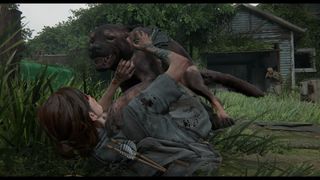
"Death is an agent of chaos, beholden to no pacing we may prefer or plans we may have"
For the player, Naughty Dog uses dramatic pacing to tell this part of the story. We weave between perspectives of Joel, Ellie, and Abby, as all three timelines converge in that fateful cabin. But for Ellie, it all happened in an instant. She doesn't get the benefit of foreshadow. Literary devices don't come to our rescue in the real world either. Though the brutality of Joel's death is thankfully rarer in our world than Ellie's, the sudden departure of a loved one is a fact of life.
This early death hit me the hardest, but the game doesn't relent from there. For 25 hours, you witness allies of both Ellie and Abby disappear in an instant, and each went off in my head like an alarm. It reminded me of the possibility that I or my loved ones can go in the same way. Maybe it wouldn't be gunfire, as is so often the case in the world The Last of Us presents, but for some people it's a car wreck, or a bad fall, or any number of sudden tragedies. Wrong place, wrong time. The end.
Characters like Manny and Jesse are killed just for opening the wrong door, while Yara hardly gets an additional moment before she expires similarly too. Tommy is seen talking to himself rather upbeat just moments before he's shot in the head, a wound he miraculously survives but is no less traumatic. In the game's most effective example of this theme, the Abby sections of the game's chronologically jumbled story show her interacting with characters we know to be dead in the near future, but of course they are none the wiser. Their ignorance is startling as a result.
Life on the edge

The same happens to Ellie, when she's plotting her movie night with Joel shortly before he's killed. Every major story beat in The Last of Us 2 features scenes like these, characters here and gone without any ceremony. No advance notice, no dying-breath monologue, no heroic last stand. This is the way of the world for Ellie, but it's the way of our world too. The dramatic irony crystallizes this point; death is mandatory, but tragedy is horrifyingly optional.
Compare these deaths to some of those in the first game, like Tess and Marlene, each of whom get to share their parting words. For Tess, it was to convince Joel to stay on mission with Ellie. For Marlene, it was to plead with Joel not to kill her. These feel movie-like and artificial, which can be riveting, but it's not how real life unfolds. In The Last of Us 2, even Joel doesn't get a goodbye. In this realism, The Last of Us 2 rises to a kind of horror that redefines the genre.
Now, amid a pandemic which some parts of the world have struggled to contain, that sense of here-and-gone is in the news every day like never before. Thankfully our pandemic doesn't include people turning into husks of flesh-biters, but it does lead to previously healthy people being abruptly shuffled into quarantines, where they can't receive visitors even at their funerals. It's hard to say goodbye, but it's even harder to never get the chance.
The Last of Us 2 is 25 hours of creative excellence, and I'll remember it forever for a multitude of reasons not contained to just its writing. But the thing that sits with me most, albeit uneasily, is its painfully realistic portrayal of sudden tragedy. Death is an agent of chaos, beholden to no pacing we may prefer or plans we may have. Games seldom explore this reality, preferring our heroes get their Hollywood endings. By giving voice to this chaos, The Last of Us 2 becomes a horror story like no other in the industry.
For more, watch our full video review below, or check out our guide to The Last of Us 2 New Game Plus Mode to enjoy the story all over again.
Mark Delaney is a prolific copywriter and journalist. Having contributed to publications like 12DOVE and Official Xbox Magazine, writing news, features, reviews, and guides, he has since turned his eye to other adventures in the industry. In 2019, Mark became OpenCritic's first in-house staff writer, and in 2021 he became the guides editor over at GameSpot.
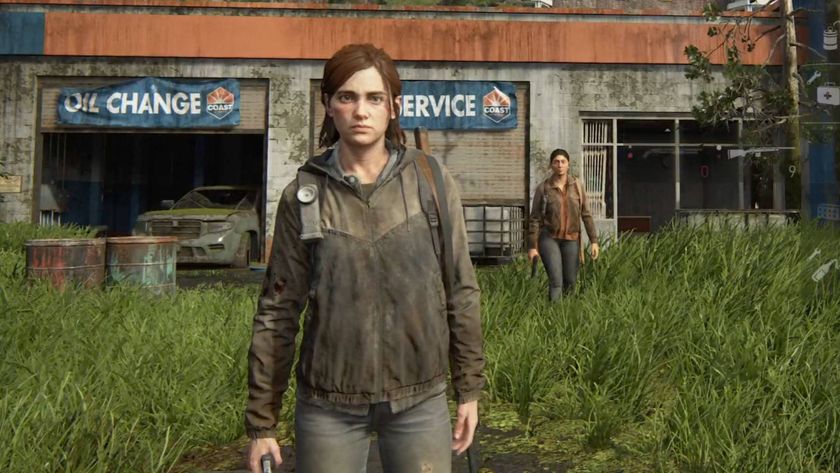
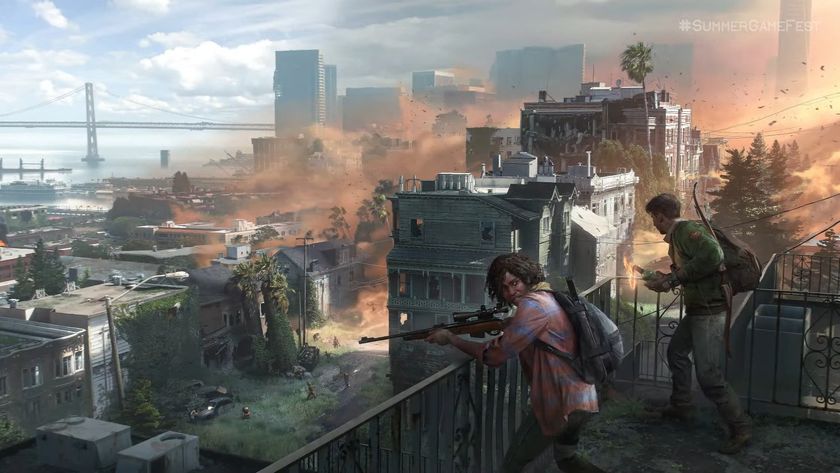
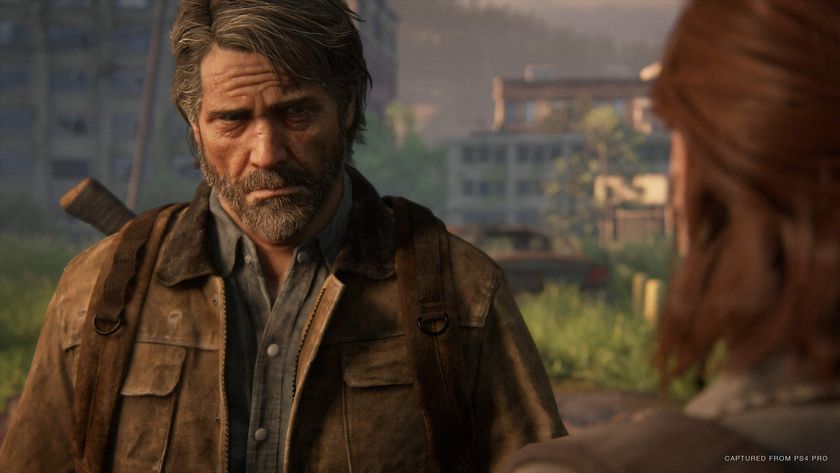
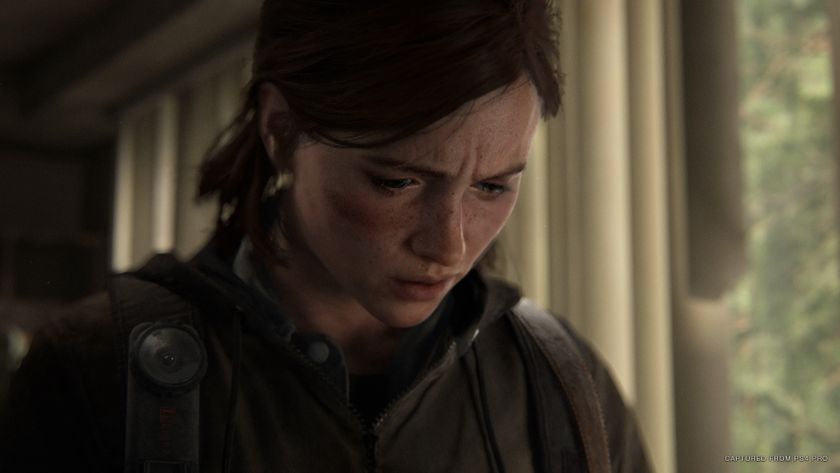
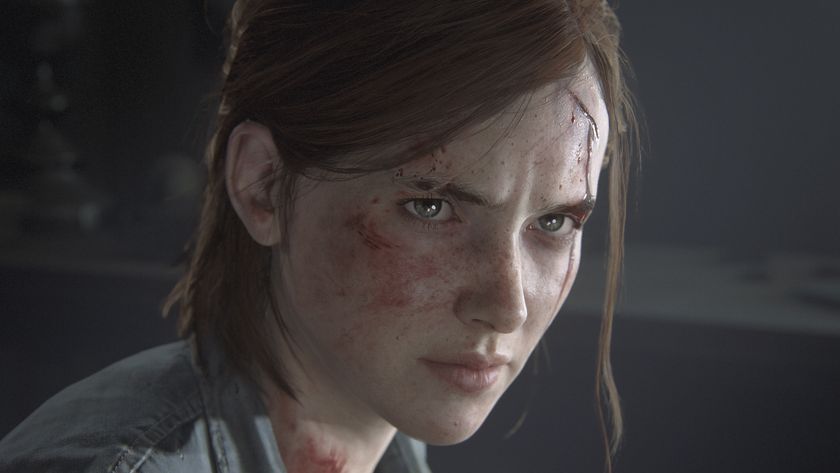
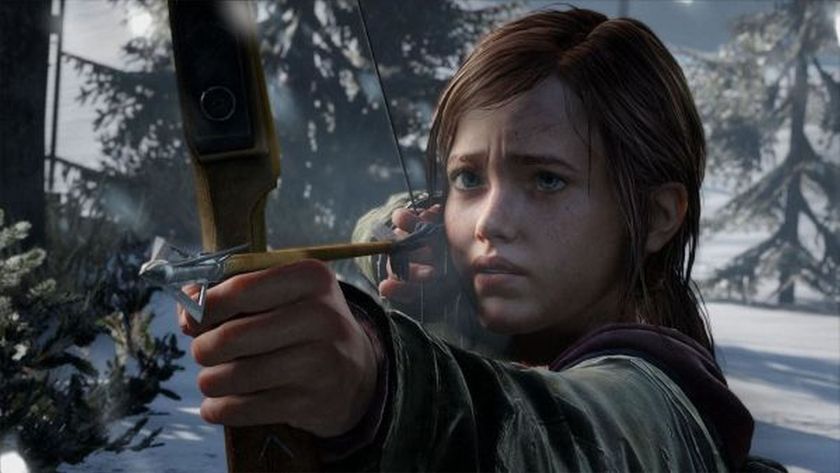
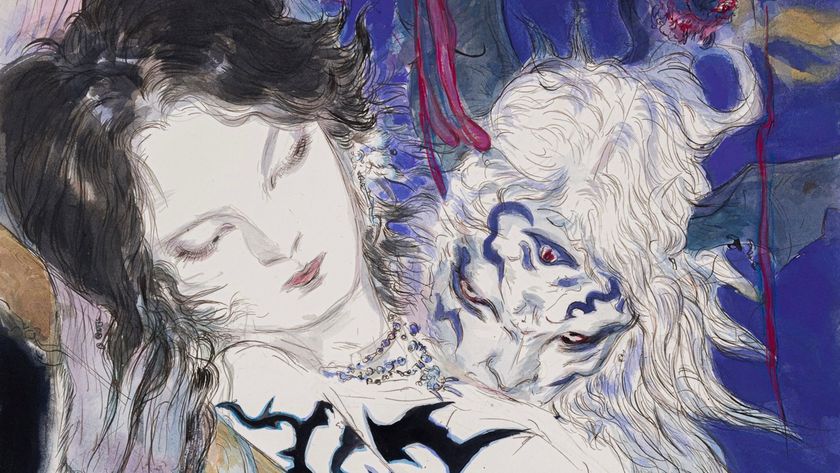
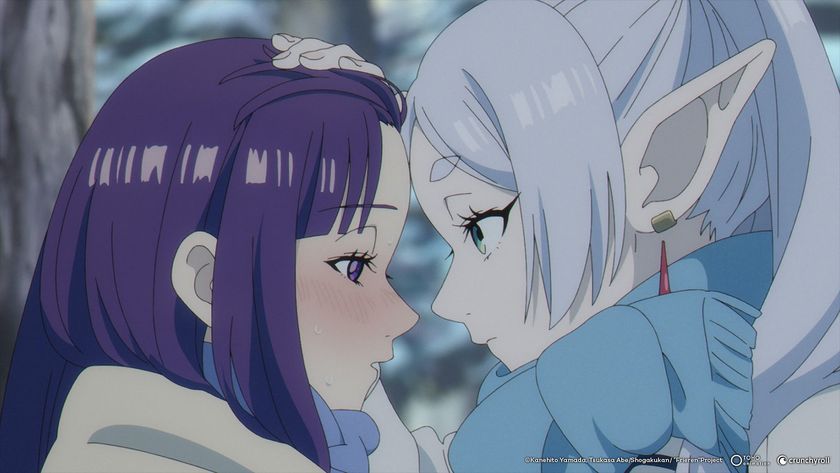
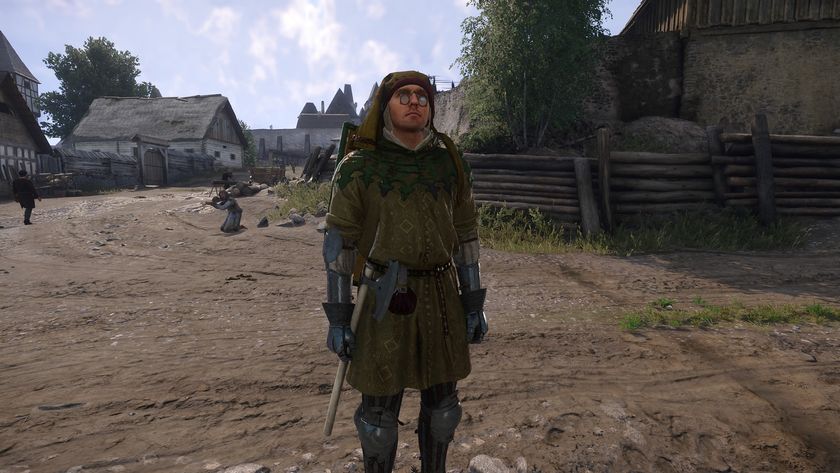


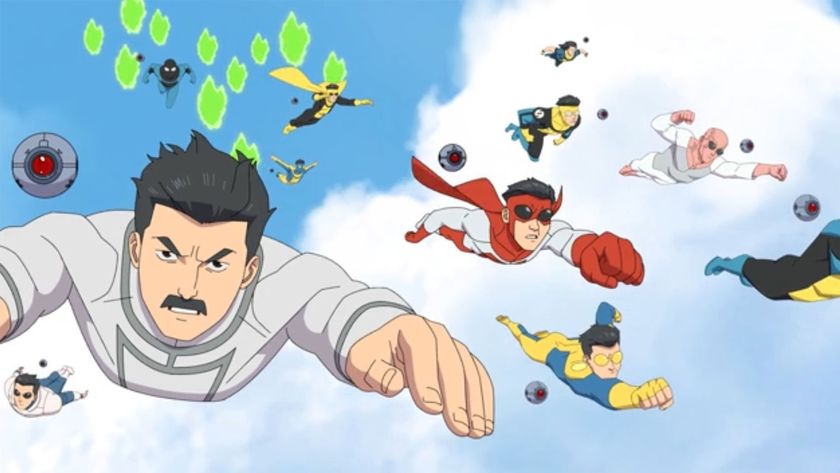

"Don't bet on there being more of Last of Us": Asked about The Last of Us 3, Naughty Dog's Neil Druckmann says "this could be it"

Cancelled The Last of Us Online game was "great," but former PlayStation exec says Naughty Dog had to scrap it after Bungie told them how much work it would be



